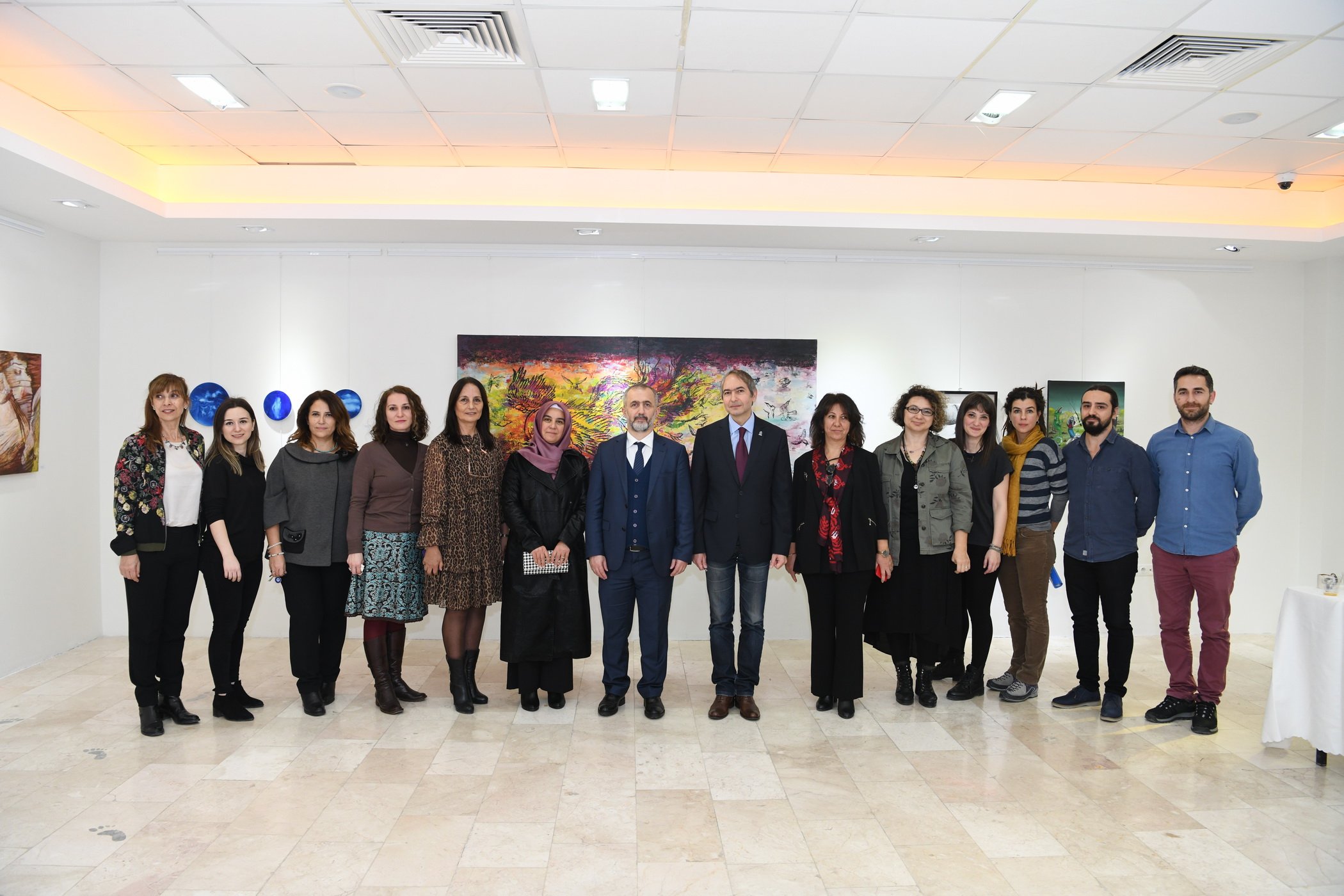Why university lecturers need a teaching certificate
In a recent article in University World News, it was reported that Ghana’s government “has proposed a policy that mandates that all tertiary education institution lecturers must possess a postgraduate

03 Aralık 2019 - 11:18
In a recent article in University World News, it was reported that Ghana’s government “has proposed a policy that mandates that all tertiary education institution lecturers must possess a postgraduate teaching certificate before they are eligible to teach”.
Ghana's National Council for Tertiary Education … “argues that having a mastery of specialist knowledge does not imply that a lecturer knows the techniques needed to effectively communicate that knowledge to students. In other words, PhD holders in particular fields of knowledge are not necessarily experts at teaching.”
The article pointed out that few, if any, countries make a postgraduate certificate in teaching mandatory for lecturing in a university, although many institutions offer such a certificate on a voluntary basis.
I believe it is time for all universities – and governments – to rethink this policy and follow Ghana’s lead.
Why a teaching certificate is needed
All lecturers in higher education are facing tremendous challenges due to the increased diversity of students, developments in the external environment, such as the need for high-level skills in the workplace, the digitalisation of everyday life, the emergence of new technologies for teaching, a growing demand for lifelong learning and hence an increasing demand from students for more flexible teaching through blended and online learning.
This is very far removed from the time when students were more homogeneous, full-time and often residential, when numbers were small and admission was more selective. Changes over the past 50 years to higher education systems now require lecturers to be aware of the strengths and weaknesses of different teaching methods, how learning actually takes place, how to select and use technology appropriately and how to validly assess students.
We can argue about the details, but the broad picture is overwhelming: post-secondary instructors need proper training to teach well.
Also, there is clear evidence that relying on voluntary continuing professional education for university professors won't cut it. Less than 10% of lecturers attend faculty development workshops in any one year and often these are the people who least need it.
‘Biggest obstacle to use of online learning’
Recent research by the Canadian Digital Learning Research Association clearly indicates that lack of faculty development is the biggest obstacle to the use of online learning, for instance.
Furthermore, all this has been known for some time. Two professors from Queen's University in Ontario, Canada – Julia Christensen Hughes and Joy Mighty – have edited a collection of studies on research on teaching and learning in higher education.
In the opening chapter the editors state: “… researchers have discovered much about teaching and learning in higher education, but dissemination and uptake of this information have been limited. As such, the impact of educational research on faculty teaching practice and student learning experience has been negligible.”
In the same book, Christopher Knapper, also of Queen's University, states: “There is increasing empirical evidence from a variety of international settings that prevailing teaching practices in higher education do not encourage the sort of learning that contemporary society demands …
“Teaching remains largely didactic, assessment of student work is often trivial and curricula are more likely to emphasise content coverage than acquisition of lifelong and life-wide skills ….
“[However] there is an impressive body of evidence on how teaching methods and curriculum design affect deep, autonomous and reflective learning. Yet most faculty [members] are largely ignorant of this scholarship, and instructional practices are dominated by tradition rather than research evidence.”
Evidence worldwide
These are Canadians, but there is plenty of evidence from other countries that this problem is not unique to Canada.
For instance, United Kingdom-based Donald Bligh’s book What's the Use of Lectures? provides strong evidence of the limitations of traditional lectures and offers a range of alternatives. In the United States, the National Research Council has analysed research on how students learn and on the different kinds of knowledge that are assessed and the implications for the design of teaching, learning and assessment.
More recently, my own online, open textbook for faculty and instructors, Teaching in a Digital Age, suggests a possible curriculum for such a certificate. The demand from instructors for this type of professional development is evidenced by the fact that my (peer-reviewed) book has been downloaded over 400,000 times and has been translated into 10 languages.
Getting it right
What is lacking are policy and credentials. These won't come about from within institutions.
There is little practical motivation for either novice graduate students or experienced lecturers to take time out to learn how to teach better. Career advancement, in most cases, is determined by research publications, not inspired teaching. Graduate students would have to take time out from their research for their PhD.
While senior faculty control appointment and promotion, change will not come from within. Thus, without some form of government intervention these changes just won't happen. However, it is not unreasonable for government to insist on professional standards for teaching, given the cost of higher education.
Dr Tony Bates is senior advisor at the Chang School of Continuing Education, Ryerson University, in Toronto, Canada.







YORUMLAR